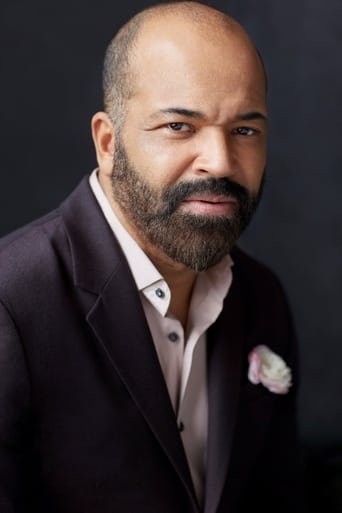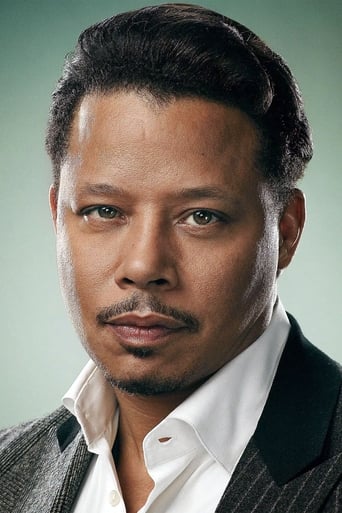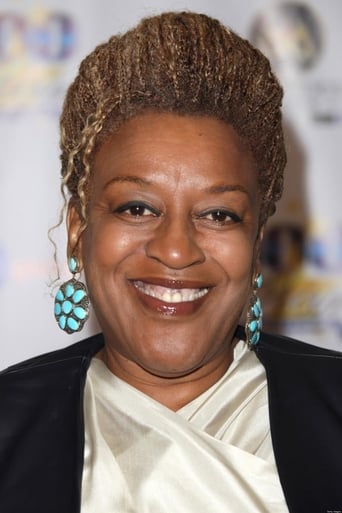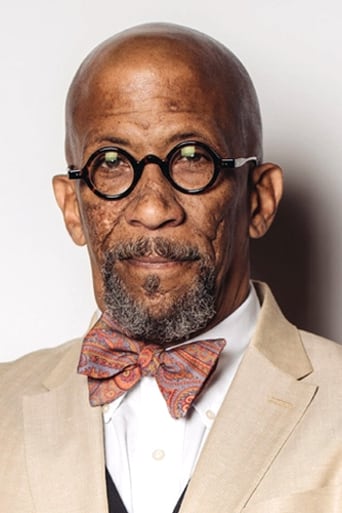Christopher T. Chase
HBO has always had a knack for supporting and greenlighting independent dramas that other cable networks and The Big Four wouldn't touch with a ten-foot pole, usually garnering multiple awards in the process and gaining the ire and envy of the other companies.Well, be prepared for a lot more teeth-gnashing from the other side. In the tradition of such outstanding productions as MISS EVERS' BOYS, IF THESE WALLS COULD TALK, THE TUSKEGEE AIRMEN, WITNESS PROTECTION and INTRODUCING DOROTHY DANDRIDGE, comes BOYCOTT (a.k.a. DAYBREAK OF FREEDOM.)Clark Johnson, best known for his role as Det. Meldrick Lewis on the long-running NBC series HOMICIDE, directs a remarkably fresh and urgent vision of the Montgomery, Alabama bus boycott of the late 1950's, as led by a young pastor, the Reverend Dr. Martin Luther King, Jr. Using hand-held cameras and verite techniques, the whole event takes on an in-your-face, "You-Are-There" feel as we become privy to the back story, the major players in the drama, both black and white, and the volatile emotions that were always roiling just below the surface, ready to explode without warning.With docudramas such as this, there is always the danger of transforming such larger-than-life characters into cardboard-cutout saints; perfect characterizations that capture the public images of people we are all too familiar with, revealing none of the frailties, failings and fears that made them human.Director Johnson has managed to avoid that problem by gathering a cast of up-and-comers and acting vets, who ensure that the portrayals will be top-notch, if not remarkable beyond belief or reproach.Jeffrey Wright, who has shown so much range between his work in BASQUIAT and the SHAFT remake, brings a multi-layered performance to bear in the role of Dr. King. A decent, religious young man just finding his roots as the newest member of the Montgomery community, he is also every bit the family man, deeply in love with his wife and dedicated to her and his newborn daughter. But Wright never lets us forget he is a man, who becomes bewildered by the role in the boycott that destiny has chosen him to play, and even within the depths of fear, anger and despair, finds reserves of strength and courage within that surprise him more than anyone else involved in the struggle. The fact that he is able to inspire everyone around him to call on those same qualities within themselves at the worst time, is what made him the leader he was, and thanks to this Emmy-caliber portrayal, we see that.Carmen Ejogo is not provided with as much material to work with as Wright, unfortunately, because she brings an impossible beauty, as well as an incredible combination of strength and vulnerability to her role as Coretta. One can only speculate that because time was limited, there was only so much we could learn about her, and it is to her credit that with the little screen time she has, she makes us want to know more.The same can be said, happily, for the rest of BOYCOTT'S jaw-droppingly talented cast. The leads of a film can only be as good as the supporting players around them, and we have some true heavyweights here, whom a lot of people may not have heard of before. That should change after this.CCH Pounder, who can take five minutes of screen time and give you an hour's worth of character, is just as stunning here as a local educator who throws herself wholeheartedly into the cause. Terrence Howard leavens seriousness with hearty humor as Dr. King's biggest supporter and best friend, Reverend Ralph David Abernathy. Two standouts must be given their due: Reg E. Cathey, who has shown an incredible amount of range and versatility this year, between his roles as an aging, streetwise heroin addict in Charles S. Dutton's HBO smash THE CORNER, and as a corrupt warden on the critically-acclaimed OZ, balances rage and resolve as E.D. Nixon, a longtime local community leader who at first resents, then respects the young Dr. King and how he helps the movement gather momentum.Erik Dellums is equally remarkable as black journalist Bayard Rustin, whose former radical leanings and unorthodox lifestyle for that time (he was gay), do not diminish the value of his counsel to Dr. King and the members of the "Montgomery Improvement Association," though it does leave him with an incredibly hard decision to make, concerning the boycott's future.Some of the white characters teeter dangerously on the edge of stereotypes as Johnson uses quick crosscuts to show a few of them either giving their side of the story to the camera, or tossing off the occasional terse comment ("You got trees. You got rope.") No doubt a lot of the portrayals ring true, especially those of the Montgomery city council, but if time and budget had permitted, it would've been nice to see how deeply the boycott affected whites as well, and not just from a mostly bigoted point of view. (Of course, this has already been chronicled in such films as THE LONG WALK HOME.)In any case, BOYCOTT has done a wonderful job of capturing a moment in history that a new generation may be familiar with and know little about, and this ably-handled production will insure that it is not forgotten, or the contributions and achievements of those people, including and aside from Dr. and Mrs. King, Rev. Abernathy and Rosa Parks, who made it happen.





